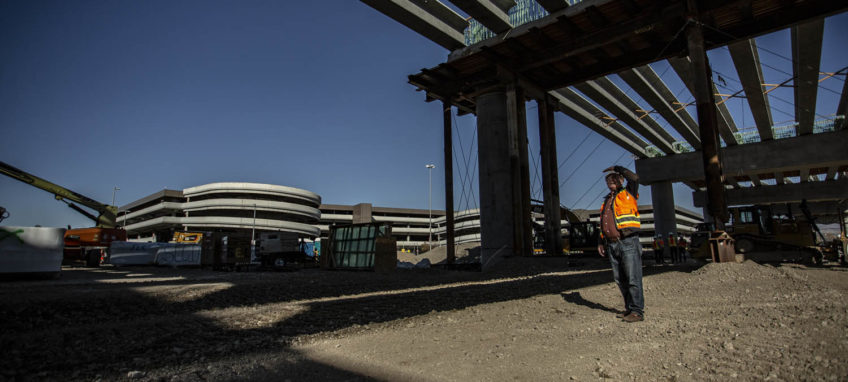
How Will Today’s Pandemic Impact Tomorrow’s Construction Contracts?
The emergence of COVID-19 has created a new set of challenges in the already complex world of negotiating construction contracts. In the pre-COVID-19 era, general contractors, construction managers and those negotiating on their behalf, needed to balance a variety of fairly well-established legal risks and exposures and commercial realities with the need to maintain a positive relationship with their counterparty. While many are rightfully concerned with addressing the impacts of COVID-19 to their on-going projects, those negotiating new contracts now are undoubtedly cognizant that they are negotiating in the midst of an unpredictable future that is tipping the historical negotiating balance. The following presents some crucial areas to focus on when negotiating and drafting your contracts in this new era.
Contract Terms Impacted by COVID-19
Contractors should examine proposed new contracts carefully to identify rights that afford COVID-19 protections and identify contractual obligations that create COVID-19 commercial risks.
Specific attention should be paid to those sections relating to force majeure/excusable delay, emergencies, changes (including changes in law), contingency, suspension and termination, site investigation as well as all representations and warranties. The paramount concern in examining these provisions is to ensure that they not only entitle the contractor to relief for those unknown events, emergencies and changes, but that they also contain sufficient entitlement for the contractor to obtain both time extensions and financial compensation for unknown impacts of a known event – the COVID-19 pandemic.
Price and Schedule
Construction contracts often entitle the contractor to extensions of time for excusable delays, but not an equitable adjustment of the contract price.[1] Contractors should look to adjust excusable delay provisions or include new specific language to provide for entitlement to additional time and compensation associated with COVID-19 impacts. If compensation terms cannot be negotiated into the contract, this risk will need to be priced, which, as discussed above, may be a difficult task.
Contractors need to take appropriate steps to ensure that their contracts are clear, and to the largest extent possible, cover impacts flowing-out of the present pandemic and any future resurgences of COVID-19 or similar outbreaks.
Contractors may consider categorizing COVID-19 related impacts into two buckets – the known and the unknown and factoring those presently known impacts of COVID-19 into their price and schedule. For example, such known items may include social distancing requirements, workforce limitations, temperature screening, personal protection equipment, as well as performance delays and costs that arise out of the cumulative impact of these new measures. Next, the contractor needs a mechanism to obtain price and schedule relief for the presently unknown impacts of COVID-19.
Contractor Representations
In many construction contracts, the contractor provides broad and unqualified representations that it will be able to furnish the materials and labor required to the complete the work, often within the defined contract time. This can be a difficult representation to make in the current market and should be appropriately qualified to consider the uncertainty that exists in current labor markets and the potential for supply chain disruptions that are outside the contractor’s control. Additionally, ensuring that the contract provides for entitlement to equitable adjustments of time and contract price for COVID-19 related impacts will assist with mitigating this risk.
Indemnities and Waivers of Consequential Damages
No discussion of construction contracts would be complete without a nod to indemnities and waivers of consequential damages. Indemnity issues affected by risks related to COVID-19 should be treated with special consideration. As coverage and policies varies from company-to-company and at times from project to project for the same company, contractors should consult with legal and insurance professionals to assess these provisions.
Consequential damages waivers are always critical protections for contractors; and should now be tailored to ensure they address COVID-19 related risks. A failure to secure an effective consequential damages waiver creates significant exposure on any construction project, exposure that is made exponentially greater by the long list of potential damages that may arise from COVID-19.
Conclusion
As this pandemic continues to impact the construction industry, we expect new strategies to be developed as contractors and owners work together to address and apportion the risks of tomorrow’s construction projects. As part of that effort, contractors will be best served to bear in mind potential impacts to cost and schedule, the scope of their representations and obligations, and ensuring that all such clauses throughout the contract are properly harmonized.
- Category:
- Contracts,
- Contractors,
- Practice Pointers




Comments are closed here.